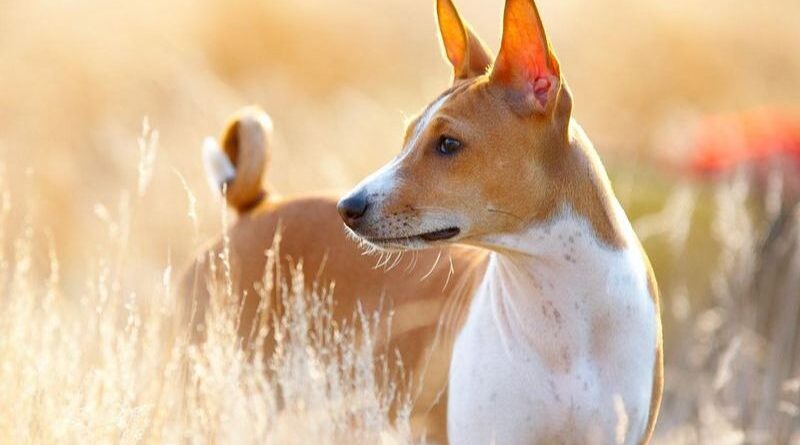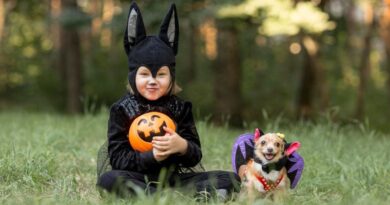Least Obedient Dog Breeds in the World – In the diverse realm of canine companionship, obedience stands as a key element for a harmonious relationship between dogs and their owners. This exploration delves into the intriguing world of the least obedient dog breeds, shedding light on factors such as intelligence, independence, energy levels, and stubbornness that contribute to their distinctive behaviors. As we navigate the unique characteristics of breeds like the Afghan Hound, Basenji, Chow Chow, and Basset Hound, the focus extends beyond mere identification to practical training techniques. The significance of positive reinforcement, consistency, and patience emerges as crucial elements in cultivating obedience, challenging preconceptions about certain breeds. Through case studies, we uncover both the struggles and successes encountered by dedicated dog owners and trainers, emphasizing the nuanced journey of fostering obedience in even the most independent and stubborn canine companions.
Least Obedient Dog Breeds in the World
Afghan Hound
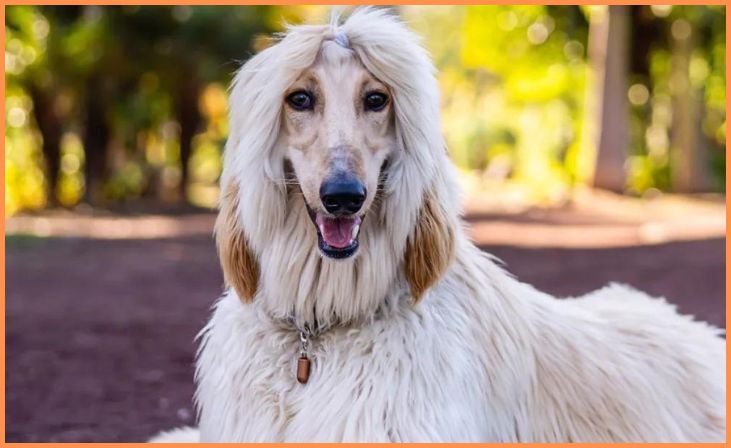
Afghan Hounds are renowned for their independent and aloof nature. With a distinctive appearance characterized by long, flowing coats and a dignified demeanor, they often exhibit a strong-willed personality. While elegant and intelligent, Afghan Hounds may not always display the eagerness to please seen in some other breeds. Patience and consistent, positive training methods are essential when working with these graceful dogs. Their independent streak may require dedicated efforts to establish a strong bond and achieve desired obedience. Despite their somewhat aloof reputation, Afghan Hounds can make loyal and loving companions when provided with appropriate care and attention.
Also, Read – The Top 10 Apartment-Friendly Dog Breeds
Basenji
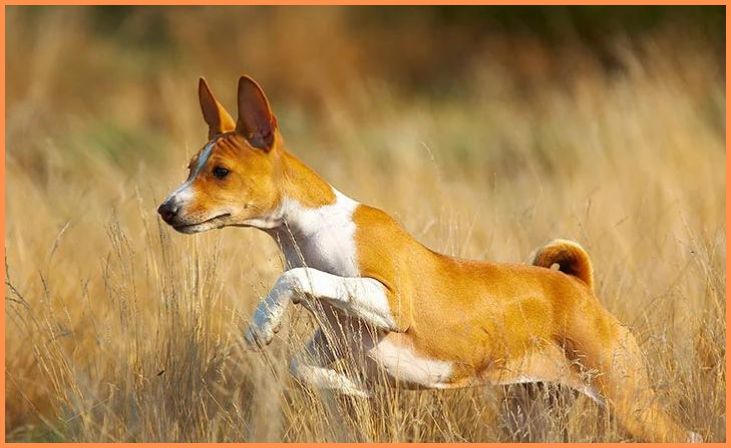
The Basenji, known for its intelligence and unique characteristics, can be a bit independent. This dog breed, originating from Africa, is recognized for its distinctive yodel-like vocalization instead of traditional barking. Basenjis are intelligent and curious but may display a stubborn streak, making consistent training essential. Independent-minded, they require patient handling and positive reinforcement. While they may not be as eager to please as some breeds, their affectionate nature and clean, cat-like grooming habits make them unique and endearing companions. Early socialization and positive training techniques can help bring out the best in Basenjis and foster a strong bond with their owners.
Borzoi
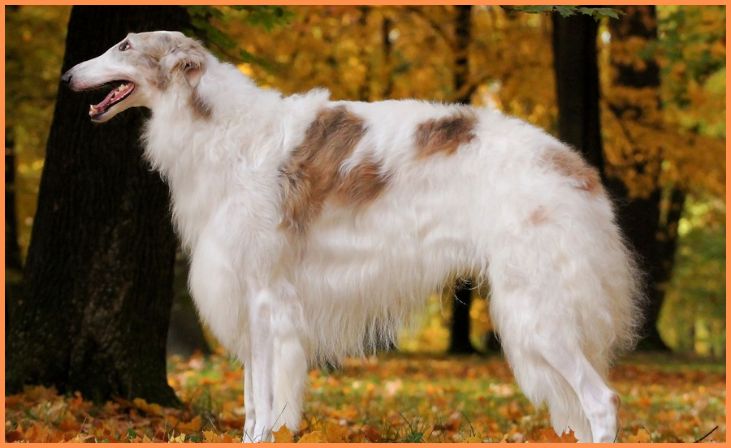
The Borzoi, a graceful and noble breed, is known for its independence. Originally bred for hunting in Russia, these elegant sighthounds can be reserved and may not exhibit the same eagerness to please as some other breeds. Borzois are intelligent but often showcase a strong independent streak, requiring patient and consistent training. While they may not be as inherently obedient, their loyalty and gentle nature make them loving companions. Early socialization is crucial to help them adapt well to various environments. With proper care and understanding, Borzois can form strong bonds with their owners and thrive in a loving home.
Chow Chow
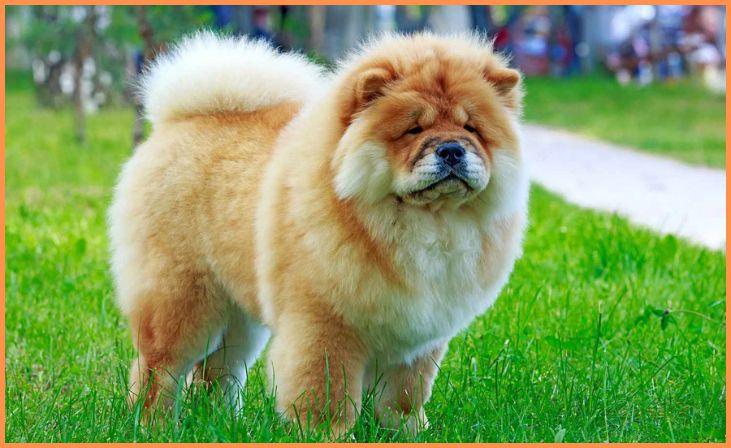
Chow Chows, with their distinctive lion-like mane and unique blue-black tongue, are known for their independent and aloof demeanor. This ancient Chinese breed is characterized by a strong-willed nature, and they may exhibit a level of stubbornness. While they can be reserved with strangers, they are fiercely loyal to their families. Early socialization and positive reinforcement are essential to channel their protective instincts appropriately. Chow Chows require patient and consistent training, as they may not be as overtly eager to please as some other breeds. With the right approach, these dignified and regal dogs can become devoted companions.
Bulldog
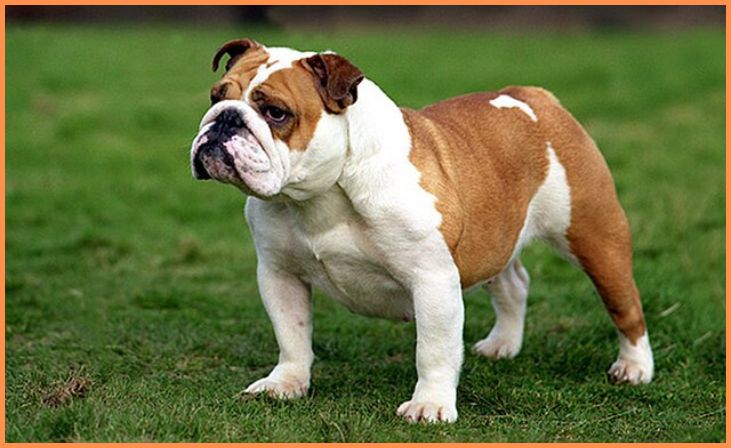
Bulldogs, characterized by their distinctive wrinkled face and muscular build, are generally good-natured but may display a stubborn streak. Despite their sometimes independent nature, they are known for their gentle and friendly demeanor. Bulldogs are affectionate, forming strong bonds with their families. Training may require patience and positive reinforcement, as they might not always be quick to obey commands. Their laid-back attitude and moderate exercise needs make them well-suited for indoor living. Bulldogs thrive on companionship, enjoying the company of their owners. With consistent training and care, Bulldogs can be lovable and devoted pets, providing affection and loyalty to those around them.
Also, Read – 7 Hound Dogs That Make Ideal Family Pets
Shiba Inu
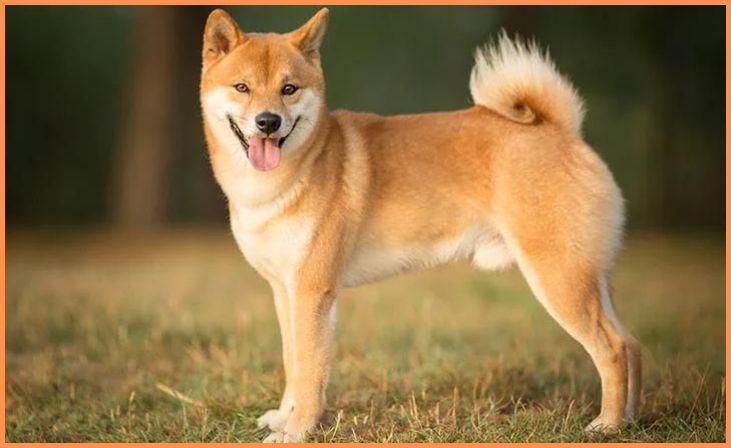
Shiba Inus, a Japanese breed celebrated for their fox-like appearance, are known for their spirited independence. Intelligent and agile, Shiba Inus can exhibit a strong-willed nature, making training a thoughtful and patient process. They are clean, grooming themselves similar to cats, but their independence can sometimes lead to selective obedience. Shiba Inus are loyal to their families but may be reserved around strangers. Early socialization is crucial to help manage their assertiveness. With proper training and understanding, Shiba Inus make charming and affectionate companions, adding a touch of spirited energy to the households that appreciate their unique traits.
Saluki
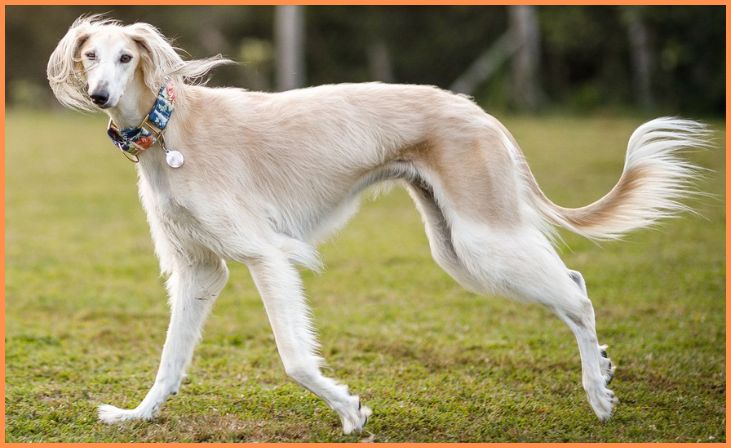
The Saluki, an ancient and elegant sighthound breed, is known for its independent and regal demeanor. Originating from the Middle East, Salukis may exhibit independence and a higher prey drive. These graceful dogs are intelligent and athletic, requiring ample exercise. While not always as overtly eager to please, their loyalty to their families is profound. Early socialization is crucial to temper their independent instincts. Salukis appreciate a calm and understanding approach to training, fostering a strong bond with their owners. Despite their independent nature, the Saluki’s beauty, grace, and devotion make them cherished companions for those who understand and appreciate their unique characteristics.
Bloodhound
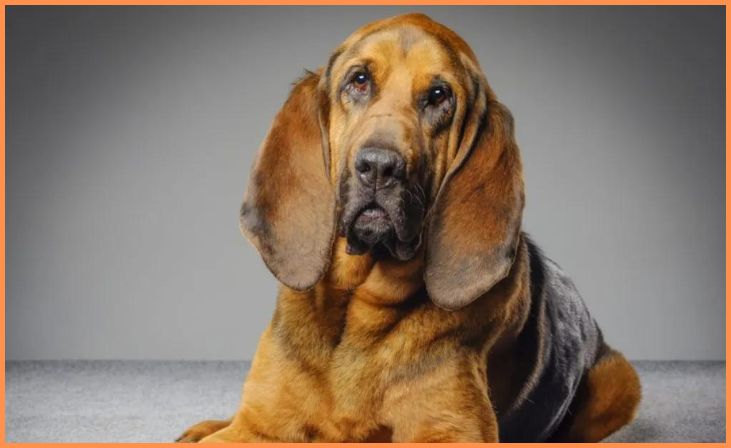
The Bloodhound, with its distinctive wrinkles and incredible sense of smell, is known for being determined and independent. This breed, bred for tracking scents, can showcase a strong-willed nature during training. Bloodhounds are intelligent and driven by their exceptional olfactory abilities. While they may not always display immediate obedience, their gentle and affectionate nature makes them loyal family members. Early socialization is vital, given their powerful scent instincts. Positive reinforcement and patience are key in training these determined dogs. With the right approach, Bloodhounds become devoted companions, using their extraordinary sense of smell alongside their loving disposition to enrich the lives of their families.
Dachshund
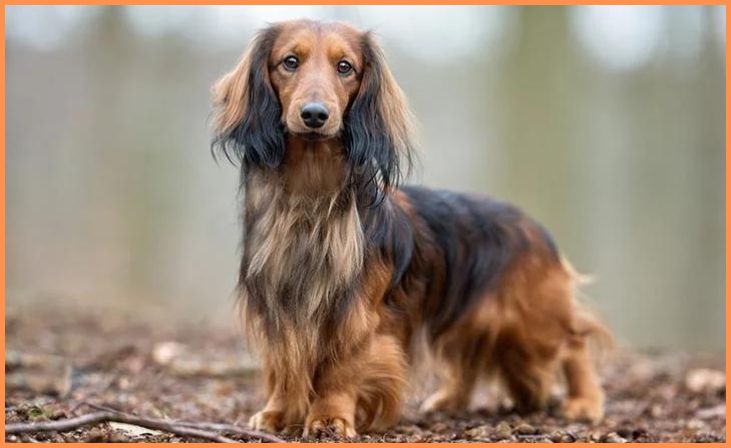
Dachshunds, with their distinctive long bodies and short legs, are known for their charming yet sometimes stubborn nature. These small dogs possess a strong will and may exhibit independence, making patient training crucial. Dachshunds are intelligent and spirited, but they can be selective in obedience. Despite their stubborn streak, they are affectionate and form strong bonds with their families. Early socialization is important to manage potential shyness or aggression. Their playful demeanor and moderate exercise needs make them suitable for various living environments. With consistent training, understanding, and love, Dachshunds can make delightful and loyal companions for those who appreciate their unique characteristics.
Conclusion
In conclusion, understanding and addressing the diverse traits of the least obedient dog breeds require a nuanced approach. The exploration of training techniques, coupled with real-life case studies, underscores the importance of patience, consistency, and positive reinforcement. Emphasizing responsible ownership, this journey highlights the transformative power of dedicated training efforts, proving that even the most independent and stubborn breeds can thrive in obedience. Through tailored approaches and a commitment to understanding individual differences, owners can forge enduring bonds with their four-legged companions, fostering a fulfilling and cooperative partnership.
FAQs
Factors like lower intelligence, independence, high energy levels, and stubbornness contribute to a dog breed’s perceived lack of obedience.
Yes, consistent and patient training, often employing positive reinforcement, can significantly improve the obedience of less cooperative breeds.
Yes, challenges may include overcoming stubborn behaviors, managing high energy levels, and adapting training methods to suit the breed’s unique characteristics.

